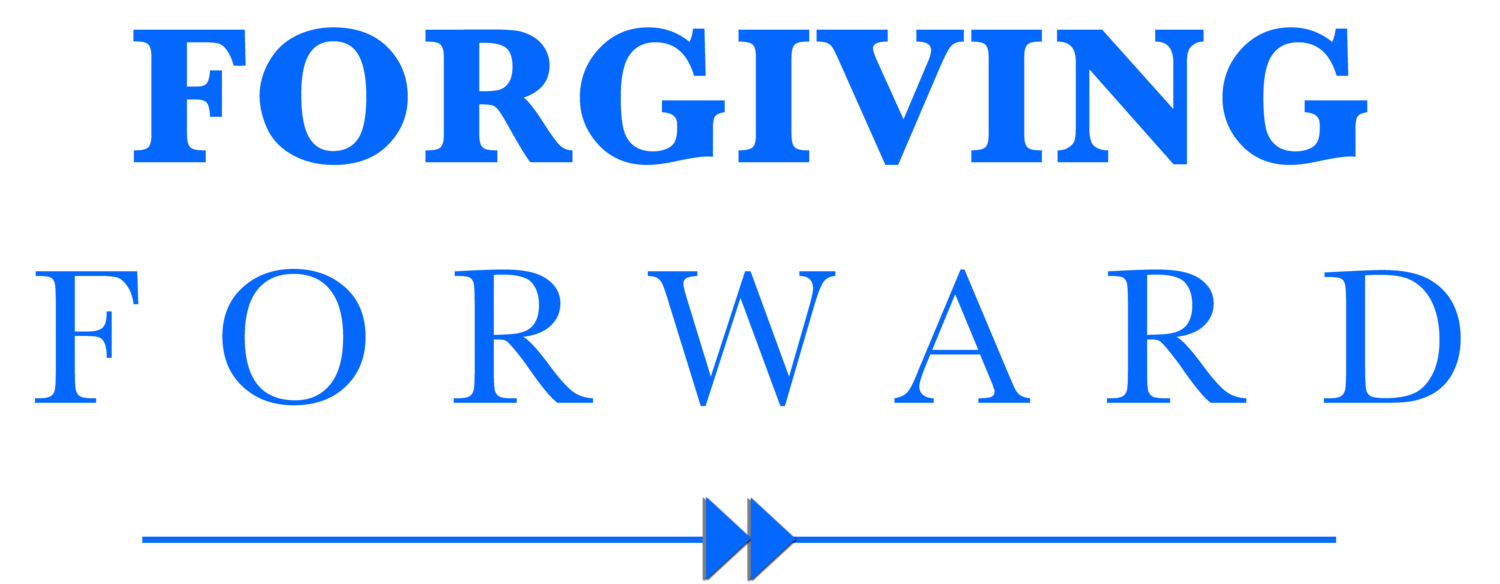WE ARE OUR BROTHER’S KEEPER
We live in an incredibly independent culture. “Mind your own business and stay out of mine” is a motto many, if not most, people live by. But what if that’s not God’s way? What if, rather than being independent, God has designed us to be interdependent? What if we really are our brother’s keeper?
Adam and Eve had two sons, Cain and Abel. Cain was a farmer and Abel a shepherd. In the course of time, both brothers brought an offering to the Lord, Cain from his crops and Abel from his flocks. For reasons that are much debated, the Lord honored Abel’s offering and not Cain’s. As a result, Cain fumed about it. God confronted him and warned him of the risk of his self-focus. Ignoring God’s warning, Cain’s resentment led him to kill his brother.
Then God asked Cain a question to which He knew the answer (so like God!). “Where is your brother Abel?”
Cain tried to dodge the question with a question (so like humans!). “I do not know,” he lied. “Am I my brother’s keeper?”
Then God said, “Oh yeah, you’re right. What was I thinking? Sorry for the question, Cain, old friend. We’re cool.” That is precisely the opposite of what God said. In so many words, God told Cain that he was responsible not only for his own attitude but also for his brother's safety. God’s real answer to Cain was, “Yes, you really are your brother’s keeper!”
The Bible, in both the Old and New Testaments, says a lot about helping other people, particularly when they are in crisis. One of the clearest “brother’s keeper” passages is Galatians 6:1-2 which reads, “Brethren, even if anyone is caught in any trespass, you who are spiritual, restore such a one in a spirit of gentleness; each one looking to yourself, so that you too will not be tempted. Bear one another’s burdens, and thereby fulfill the law of Christ.”
Paul is instructing us that if we see someone trapped in sin, we are responsible for helping get them out. The imagery of the word caught is that of someone caught in a bear trap. A bear trap is designed so that if one unsuspectingly steps into it, he cannot extricate himself without help. It takes someone standing with a foot on each end of the trap to release it. Obviously, if one foot is caught in the jaws of the trap, you would need someone else to help set you free.
There are several ‘bear-trap' sins that people need help overcoming. We believe that unforgiveness is at the top of the list. We find that most, if not all, addictions and interpersonal conflicts are rooted in unforgiveness. When a wound is not cleansed with the antiseptic of forgiveness, the infection of bitterness invariably takes over. The process is so subtle and deceptive that one tends to focus on the wound as the source of the pain when in reality, based on Matthew 18, it is unforgiveness that is causing the torment. The torment is expressed through anxiety, depression, addictions, anger issues, and, in some cases, physical issues. People often need help recognizing that the true source of their struggles is not because they have been wounded, but because they haven’t forgiven the wounds.
This is where Forgiving Forward comes in. Our passion is to help people experience the freedom of the Gospel through the power of forgiveness. We have coached hundreds of people to freedom by helping them forgive in pre-scheduled appointments and impromptu encounters in public places. Unfortunately, there are far more people desperately needing someone to help them forgive than Toni and I could possibly help by ourselves.
Our strategy is to train an army of forgiveness coaches who are equipped in the Forgiving Forward model that will help us expand the reach of this message. The model is simple and the Holy Spirit is the One who does the work through us. The coach’s job is simply to become equipped and be available. Will you join us and become a forgiveness coach?
